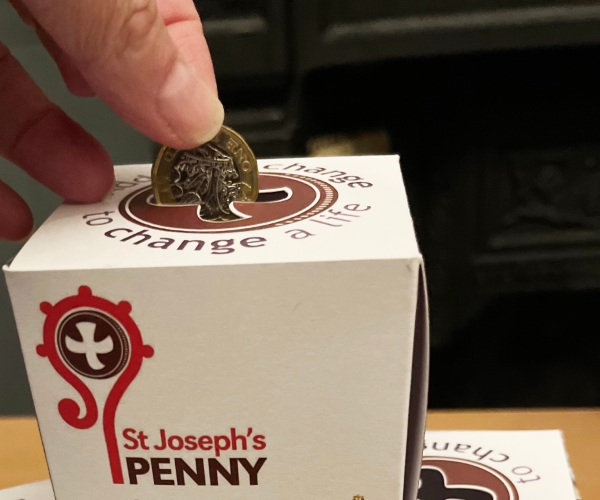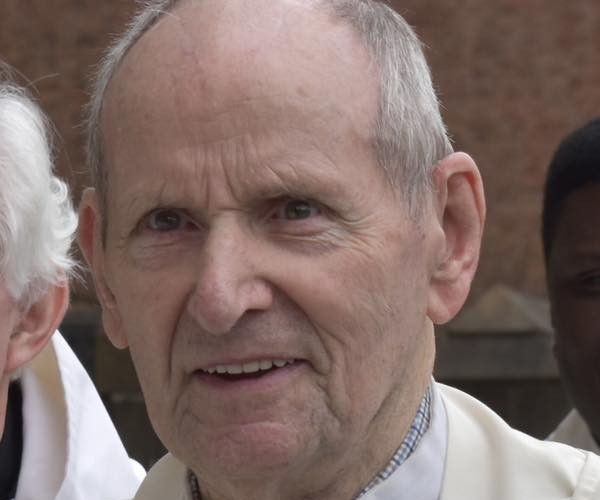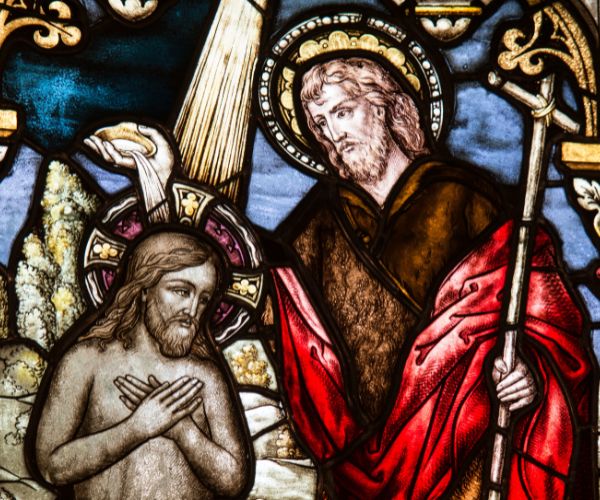
Baptism of the Lord: Revealing the Nature of God
Saturday 11th January 2025This weekend, we celebrate the Baptism of the Lord – a significant feast which marks the manifestation of God as Father, Son, and Holy Spirit.
Today’s Gospel is the second in a series of three Gospel readings that share in this spirit of revealing Christ’s divinity: the visit of the Magi, the baptism of Jesus, and the wedding at Cana.
To mark the Jubilee for Communications – part of the Jubilee of Jubilees series we are running this Holy Year – we are exploring these three readings to better understand how we can live out the call to evangelisation by revealing God in our world today.
Click here for a recap on last week’s Gospel.
The Baptism of the Lord
Today’s feast is all about revealing the threefold nature of God by establishing Jesus as the second person of the Holy Trinity: “This is my son, the beloved.”
This is one of only two times in the Gospels that we hear the Father’s voice, the other being The Transfiguration. In both instances, we see the Father pointing not to himself but to His Son, highlighting Him as the model and example of who we are called to be.
In Gaudium et Spes, we read:
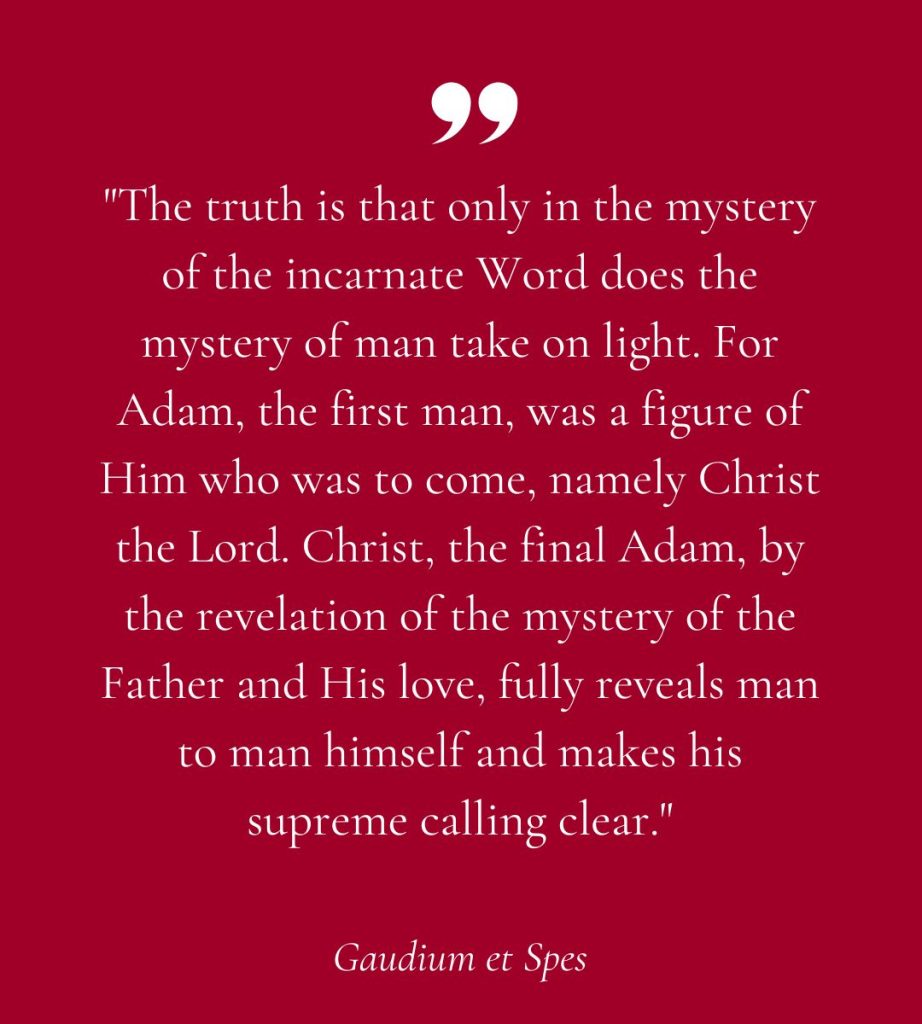
In other words, it is in Jesus alone that we can fully understand our mission and purpose: to be Christ-like in all things.
But the thundering voice of the Father also presents us with a secondary challenge, to echo His own clear declaration of who Christ is: the Word Incarnate.
One of the key themes of the Jubilee is the profession of faith, which calls each one of us to consider what we believe, how that governs the lives we lead, and how we communicate – or make known – that faith to others.
In today’s Gospel, we hear God Himself making an extraordinary proclamation, but it’s also much more than that. It’s a challenge from the Father Himself, asking us: Who do we say Jesus is? And how do we say it?
In the complexity of today’s world, there are so many ways and opportunities to communicate with one another. It may well be through our words; in the topic of our conversations, the words we use, and how we speak. But communication can be so much more than just words, it’s in everything that we are.
The central thesis of St John Paul II’s Theology of the Body is that:
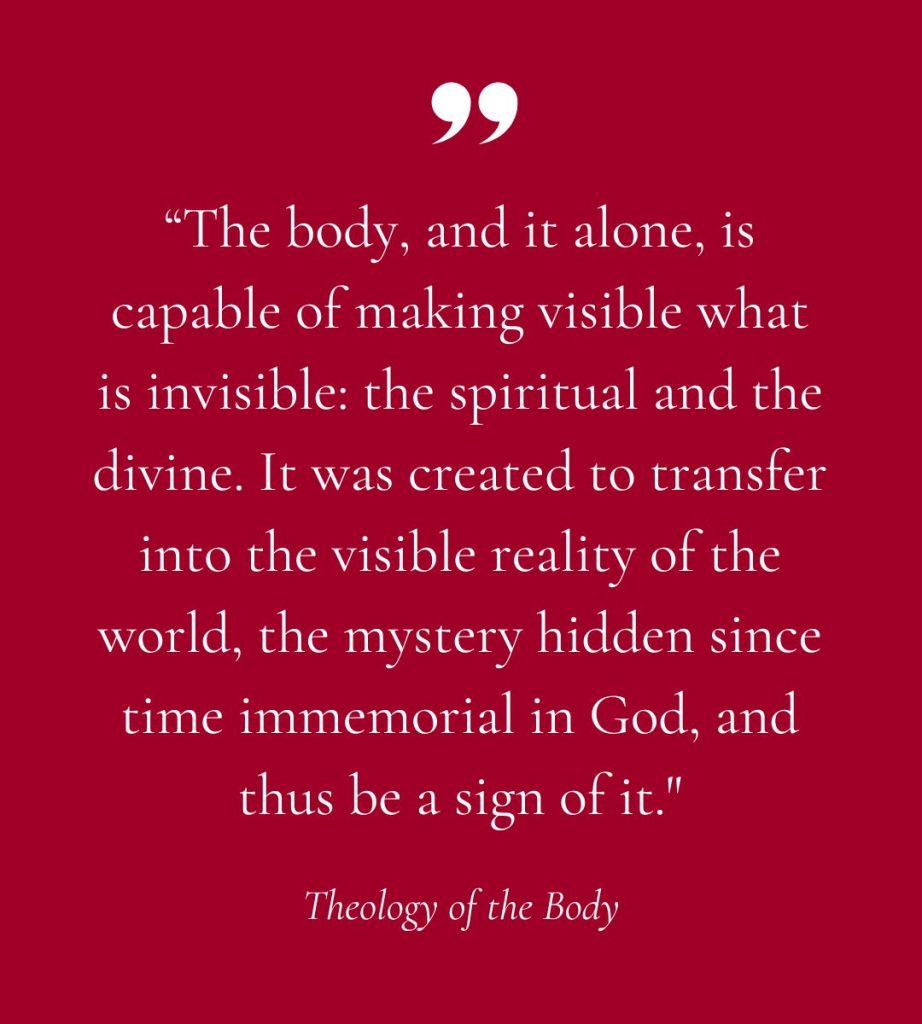
So, just as God was made flesh in the Son to make visible the Father’s own invisible nature, so are we called to make visible the invisible nature of God to the world around us – by communicating the gifts of the Spirit through our own bodies: in our words, in our actions – even in our body language.
Communicating our faith is embodied in how we choose to live our lives, in the values we have, the charities we support, the causes we back or oppose, it’s even in who we follow and what we post on social media.
All these different aspects come together to paint a picture, communicating to the world around us who we are and what we believe.
And as we follow the Father’s gaze to his “beloved Son” during the moment of His baptism, signalling the start of his ministry, we acknowledge that through His Incarnation, we share in Christ’s identity as children of God, called to that same ministry of mission and evangelisation – made possible through the strength and grace of the Holy Spirit.
As we continue with our Jubilee for Communications, we invite you to reflect further on this theme; to consider what faith we profess and how we profess it in all aspects of our lives.
Join us next week as we’re joined by Fr Frankie Mulgrew to further explore this theme through the story of the Wedding at Cana.
Tagged | Jubilee 2025

